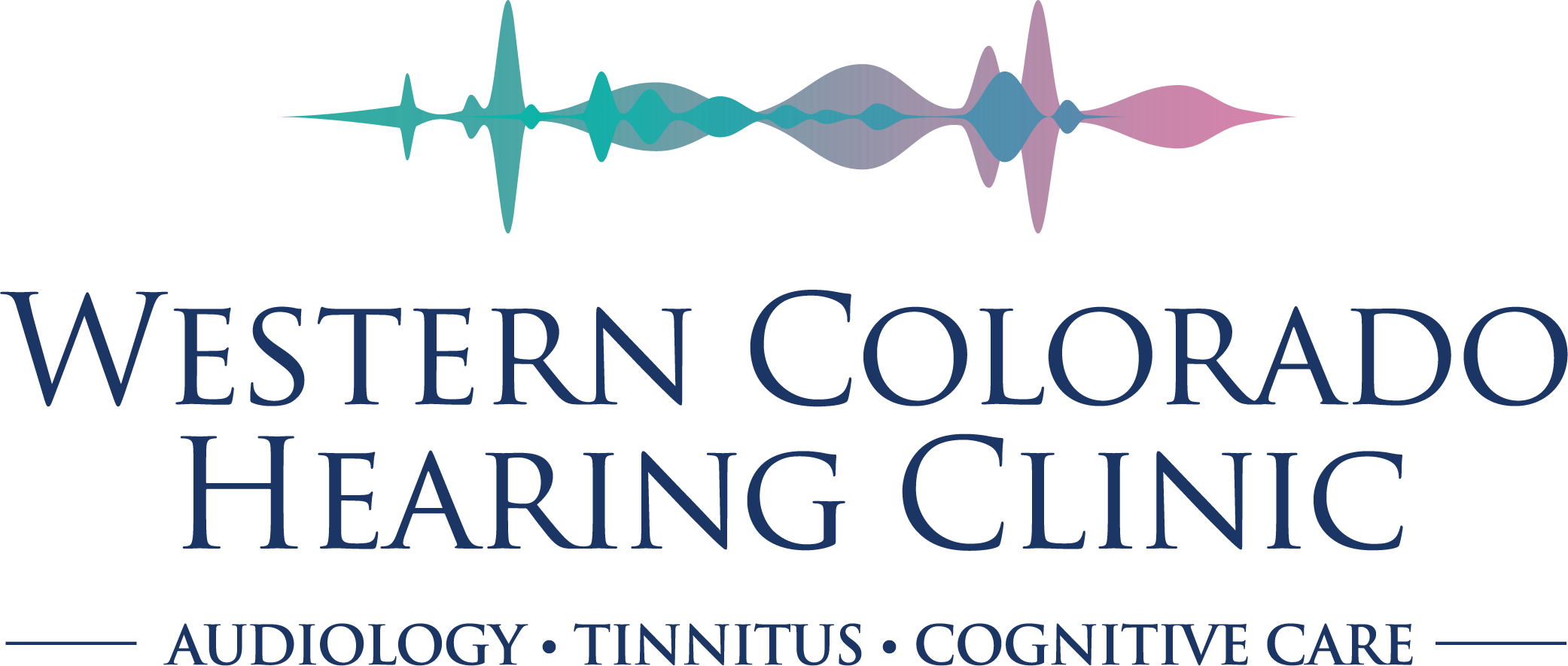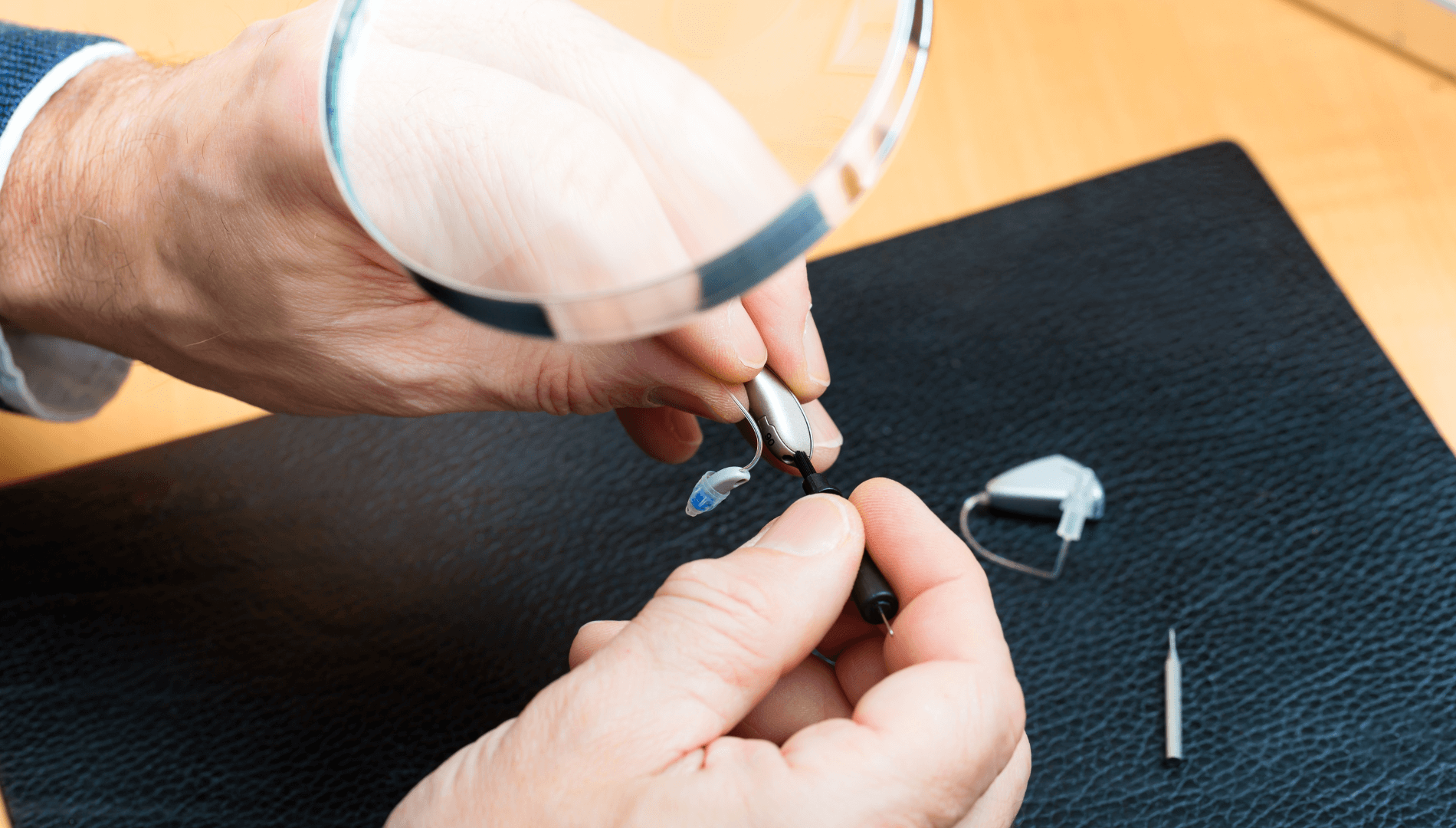We Moved! Visit us at
605 25 Rd, #100, Grand Junction, CO 81505
Can Your Primary Care Doctor Diagnose Hearing Loss?
Return to Blog

Can Your Primary Care Doctor Diagnose Hearing Loss?
Hearing loss can significantly impact an individual’s quality of life, making it essential to diagnose and manage early. Many individuals wonder if their primary care doctor can effectively diagnose hearing loss or if they need to see a specialist. But is that the best plan of action? In this article, we will explore the best next steps to take if you or a loved one is experiencing hearing troubles.
Understanding Hearing Loss
Hearing loss is a common condition characterized by a reduced ability to hear sounds. It can range from mild to profound and may affect one or both ears. Individuals with hearing loss may experience difficulty understanding speech, participating in conversations, and engaging with their surroundings.
The Role of Primary Care Doctors
Primary care doctors play a crucial role in identifying potential signs of hearing loss during routine medical appointments. They may inquire about symptoms such as difficulty hearing conversations, ringing in the ears (tinnitus), or a feeling of fullness in the ears. Additionally, they may perform basic hearing tests, such as the whispered voice test or tuning fork test, to assess hearing function.
Limitations in Diagnosing Hearing Loss
While primary care doctors can identify initial signs of hearing loss, they may face limitations in providing a comprehensive diagnosis. Without access to specialized equipment and training, they may find it challenging to accurately assess the type and severity of hearing loss. Additionally, some types of hearing loss, such as high-frequency hearing loss, may be more difficult to detect without specialized testing.
Referral to a Hearing Health Professional
In cases where hearing loss is suspected or confirmed, primary care doctors may refer patients to a hearing health professional for further evaluation. These healthcare professionals specialize in the diagnosis and management of hearing disorders. They have access to advanced testing equipment and techniques to provide a comprehensive assessment of an individual’s hearing health.
Importance of Early Intervention
Early detection and intervention are crucial in managing hearing loss effectively. By identifying hearing loss early, individuals can access appropriate treatment options, such as hearing aids or assistive listening devices, to improve communication and quality of life. Additionally, early intervention can help prevent further deterioration of hearing function.
Advocating for Your Hearing Health
Individuals should advocate for their hearing health by discussing any concerns or symptoms with their primary care doctor. If hearing loss is suspected, individuals can request a referral to a provider for a comprehensive hearing evaluation. Additionally, practicing good hearing health habits, such as protecting ears from loud noises and attending regular hearing screenings, can help maintain optimal hearing function.
While primary care doctors play a vital role in identifying initial signs of hearing loss, they may not always be able to provide a comprehensive diagnosis. Referral to a hearing health professional for specialized testing and evaluation may be necessary to confirm hearing loss and develop an appropriate treatment plan. By prioritizing early intervention and advocating for their hearing health, individuals can effectively manage hearing loss and improve their overall quality of life.



